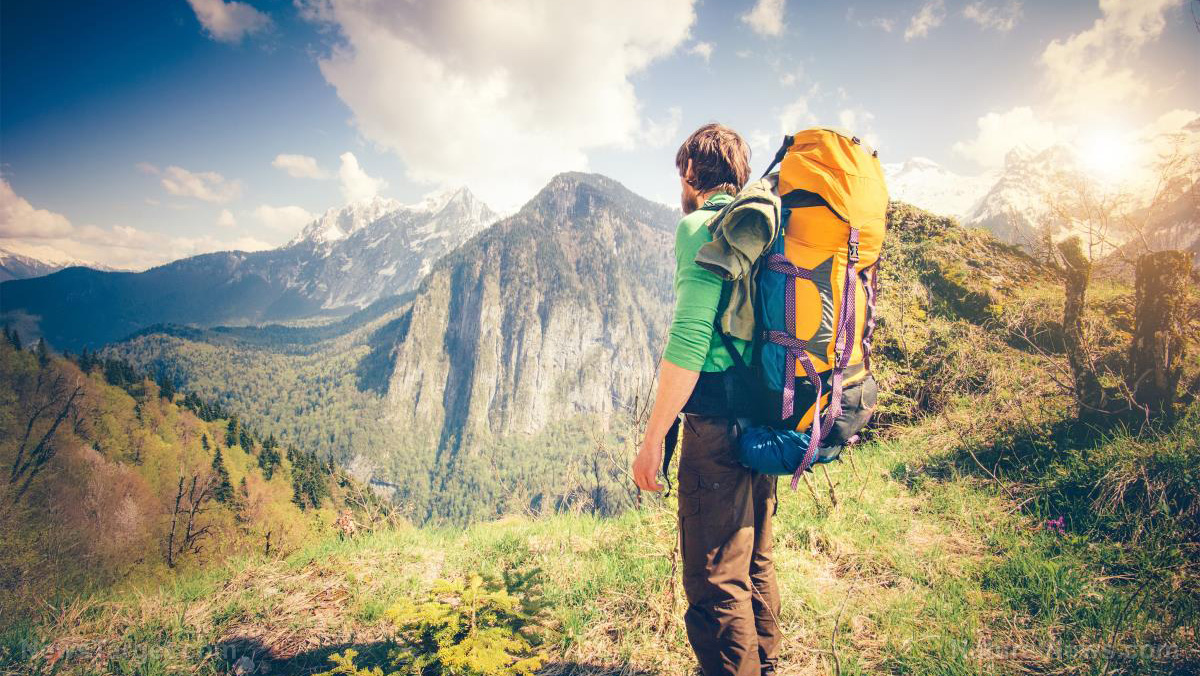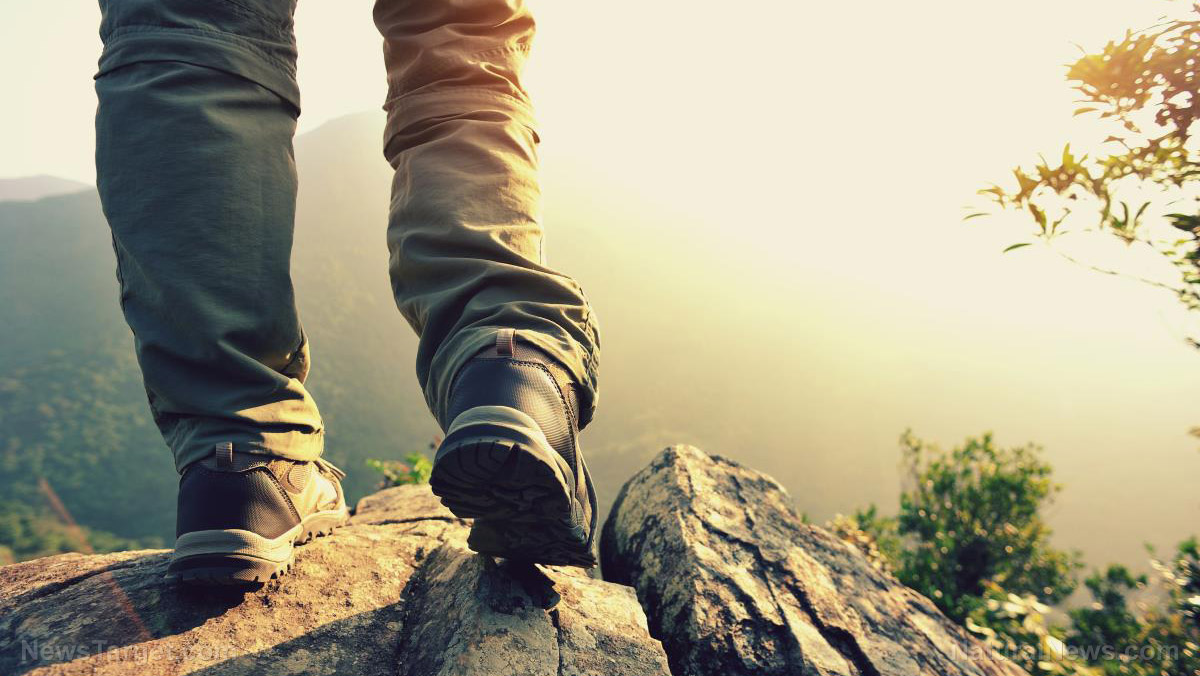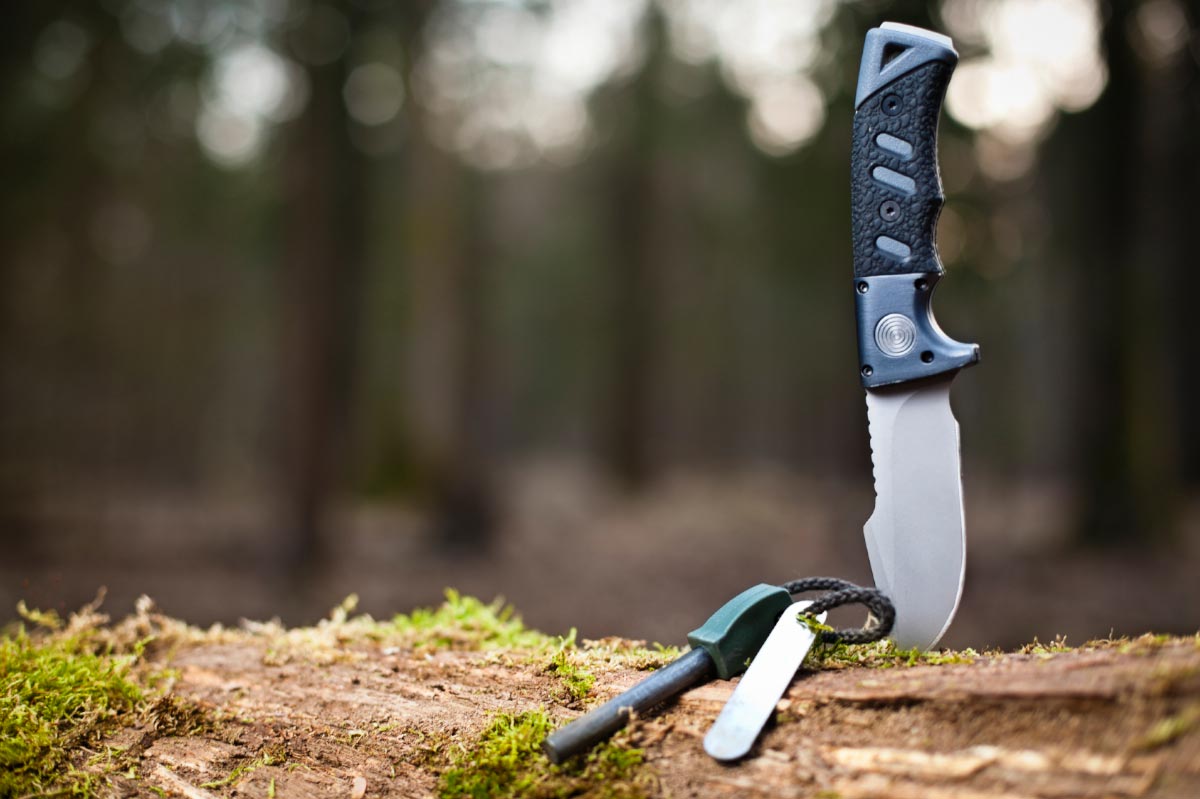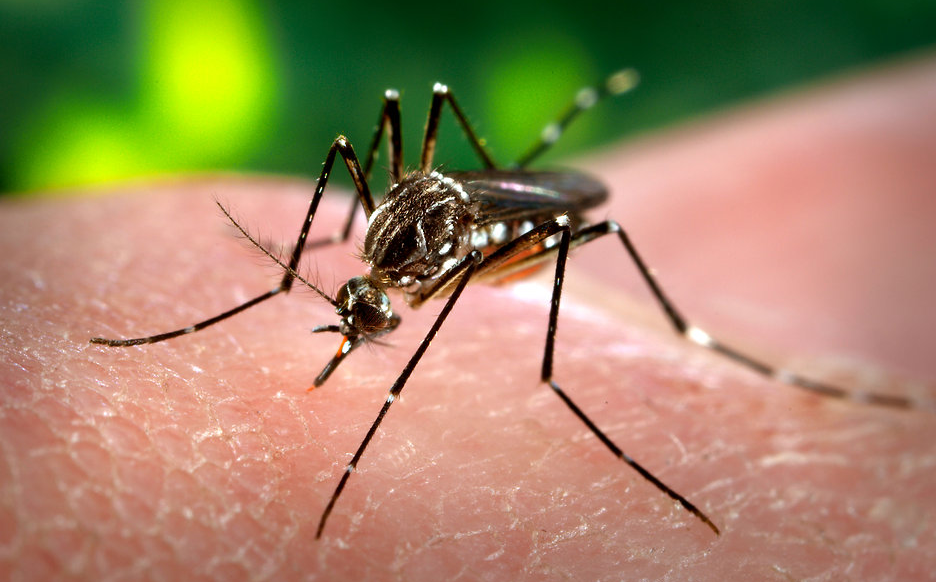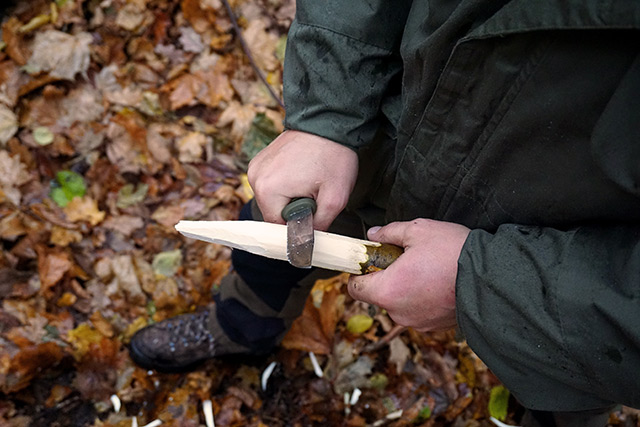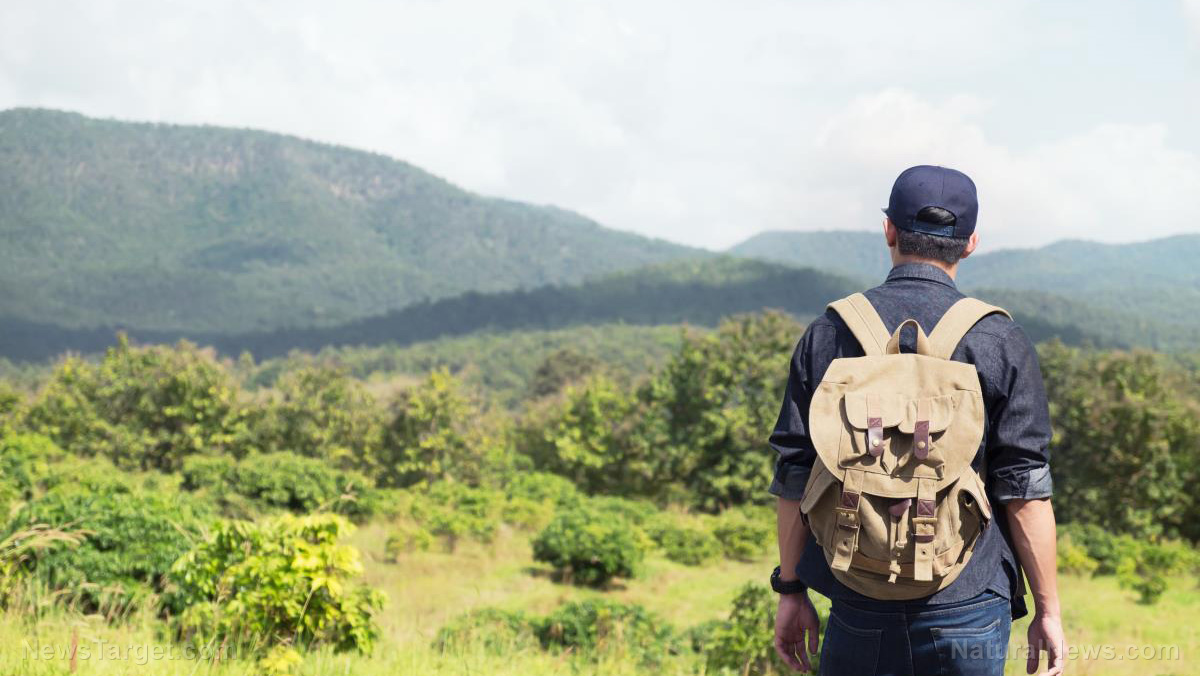How to survive in the woods when you’re without supplies or gear
08/20/2018 / By Edsel Cook
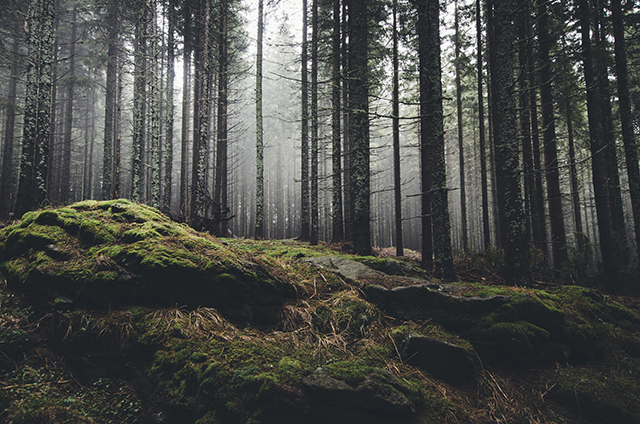
What can you do if you are driven into the wilderness without supplies and only the barest gear with you? An article in Survivopedia states that this emergency can be overcome if you keep your wits about you and remember a few tips.
If you believe you have gotten lost, stop right where you are. No sense in wasting energy and getting yourself even more lost than you already are. Moving around in random directions will also not help any search-and-rescue groups that are looking for you.
Instead, study your surroundings. Where are you? What are the climate and the weather like? Are there any nearby resources you can gather?
Create a survival plan based on your initial survey. If it is cold, you will need to find a way to stay warm. If it is dry, you will need a source of clean water and a cool place to stay in order to stave off dehydration. If the weather looks bad, you will need to find cover or make yourself an emergency shelter. And so on.
The most important requirements for survival are food, shelter, and water. Secure these basic needs first and foremost. Check your surroundings for any resources you can use. (Related: Basic mistakes of wilderness survival and how to avoid them.)
Find shelter from the weather as soon as possible
The biggest threat to your life in the wilderness is not hunger or thirst or wild animals. It is hypothermia, which can kill you in the matter of a few hours even during the summer season.
To protect against exposure, look for shelter. A deadfall tree or the bottom branches of a large pine tree will be enough to protect you from the weather. Pine needles can also be used as a bed.
Once your shelter is ready, build a fire. Not only will it keep you warm, a fire will also reveal your position to any rescue party during the day and the night.
The next priority is locating a nearby source of drinking water. Running water is ideal because it would also have animals that you can catch for food.
Any water you gather from this source should be purified. You can turn the bark of a tree – preferably a birch – into a makeshift water container. Heat a clean stone and then put it in your container to boil the water.
Save your energy. Avoiding unnecessary activities will reduce the amount of food and water your body needs to function.
Always bring an EDC kit and let others know about your plans
Be prepared for any emergency. Always make sure to bring an emergency survival kit with you whenever you are heading into the wilderness. This every-day-carry (EDC) survival bag should contain the following items:
- Water purifiers/filters
- Fire starters
- Survival tools like a knife, a whistle, a flashlight
- Emergency blanket
- A small amount of food in the form of calorie bars or MREs
- Some water
These items should help keep you alive for a few days while you wait for rescue.
Most importantly, before you leave for a trip into the wilderness, always let your trusted friends and family know that you are heading out. Tell them where you are going and when you expect to be back.
If you do not appear at your destination on time, your loved ones will know that you are in trouble and start looking for you as soon as possible. This is important because it gets harder to survive in the wilderness as more days go by.
Need more tips on surviving a hostile world? Check out Preparedness.news.
Sources include:
Tagged Under: bugout, emergency survival kit, offgrid, preparedness, survival, survival emergencies, survival gear, survival reminders, Survival Tips, wilderness skills, wilderness survival










